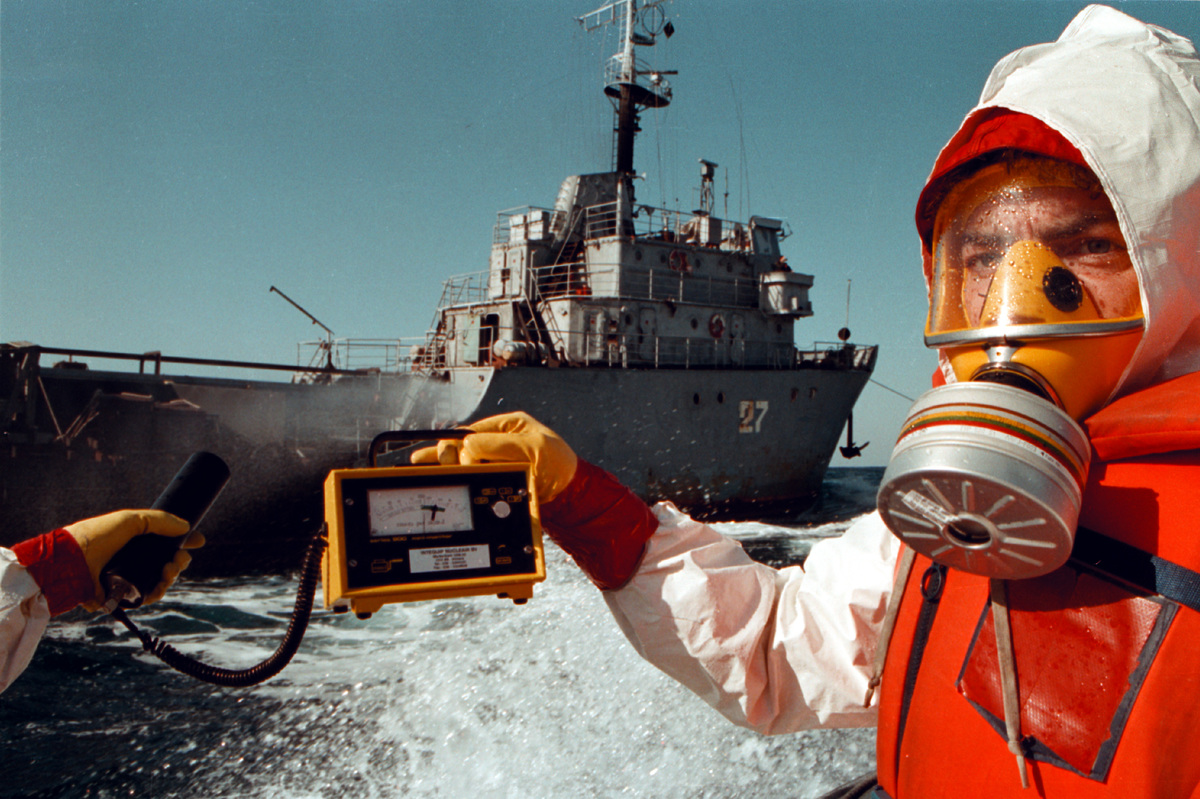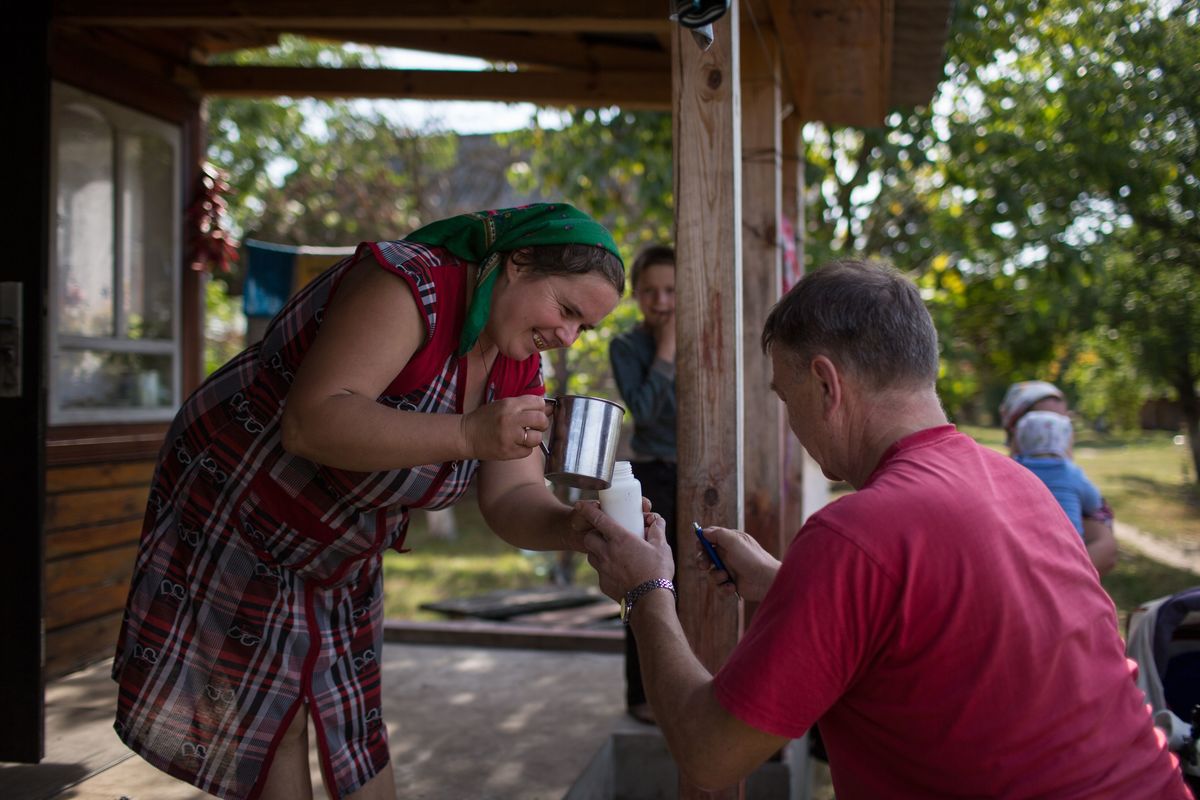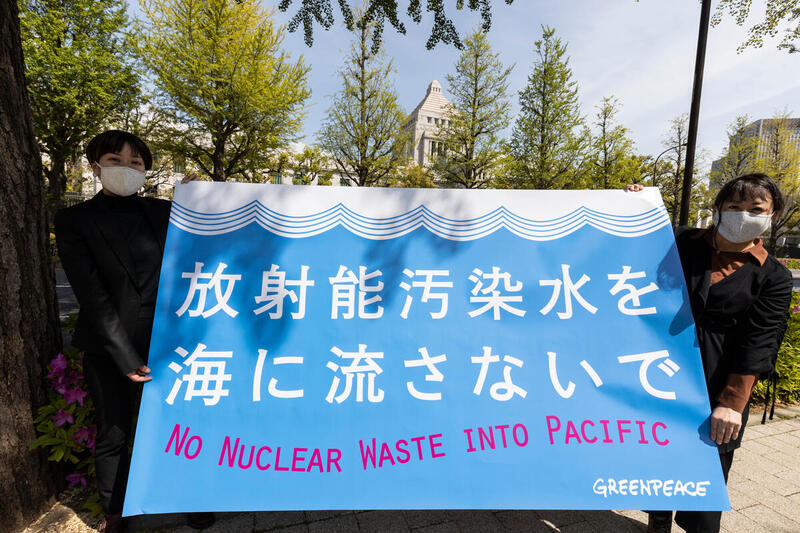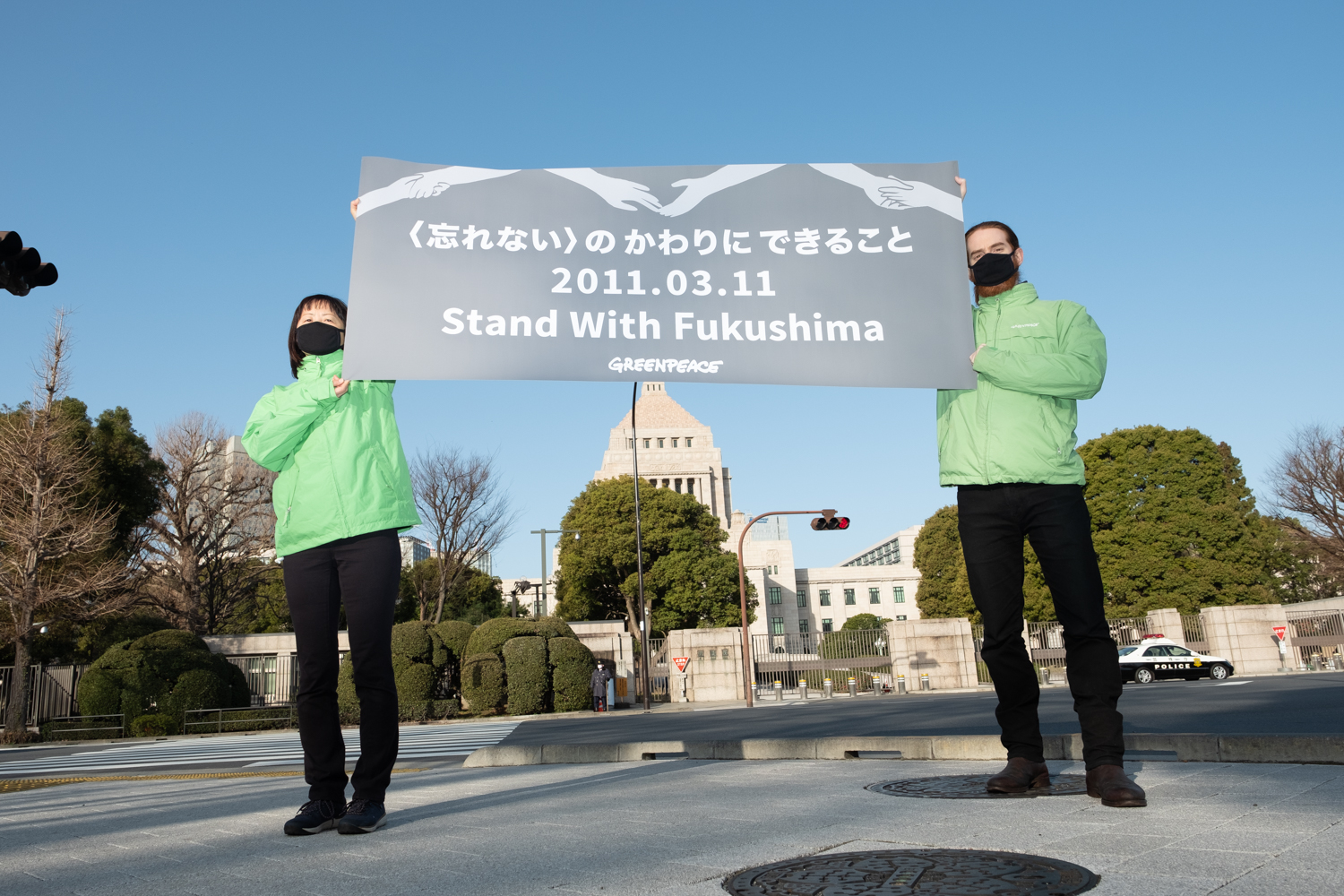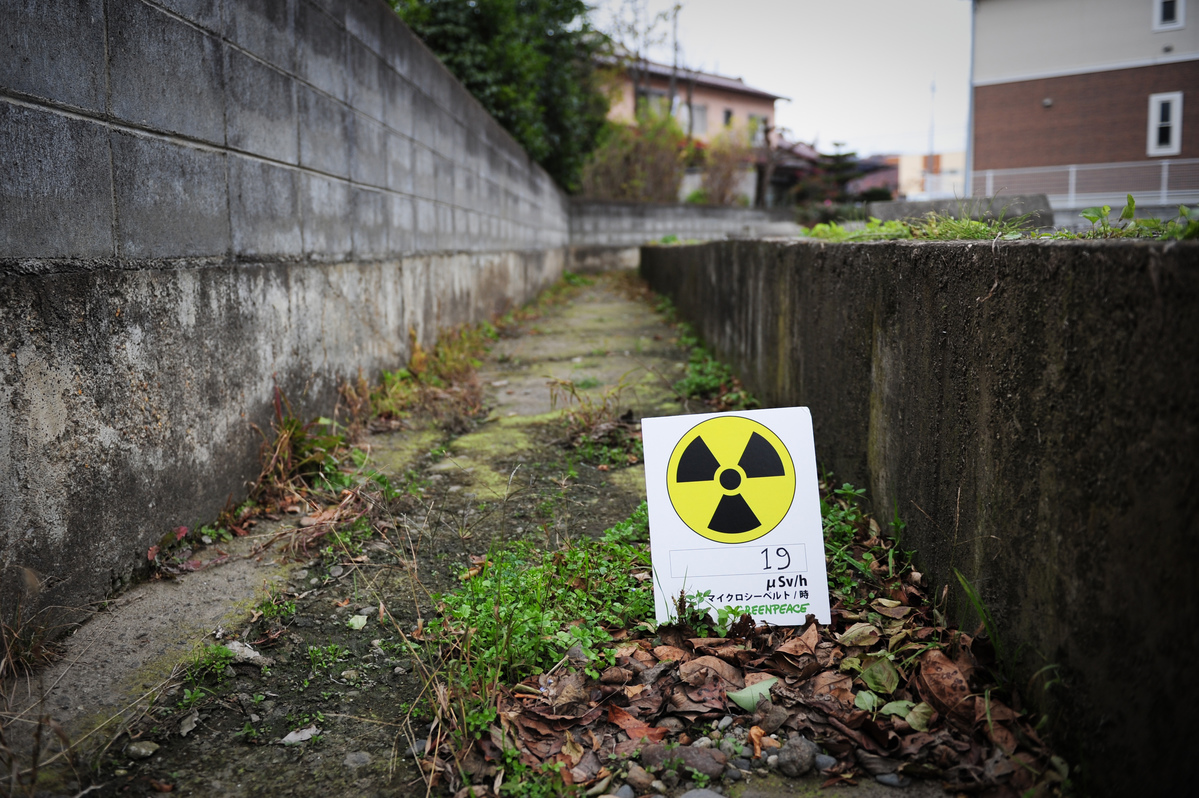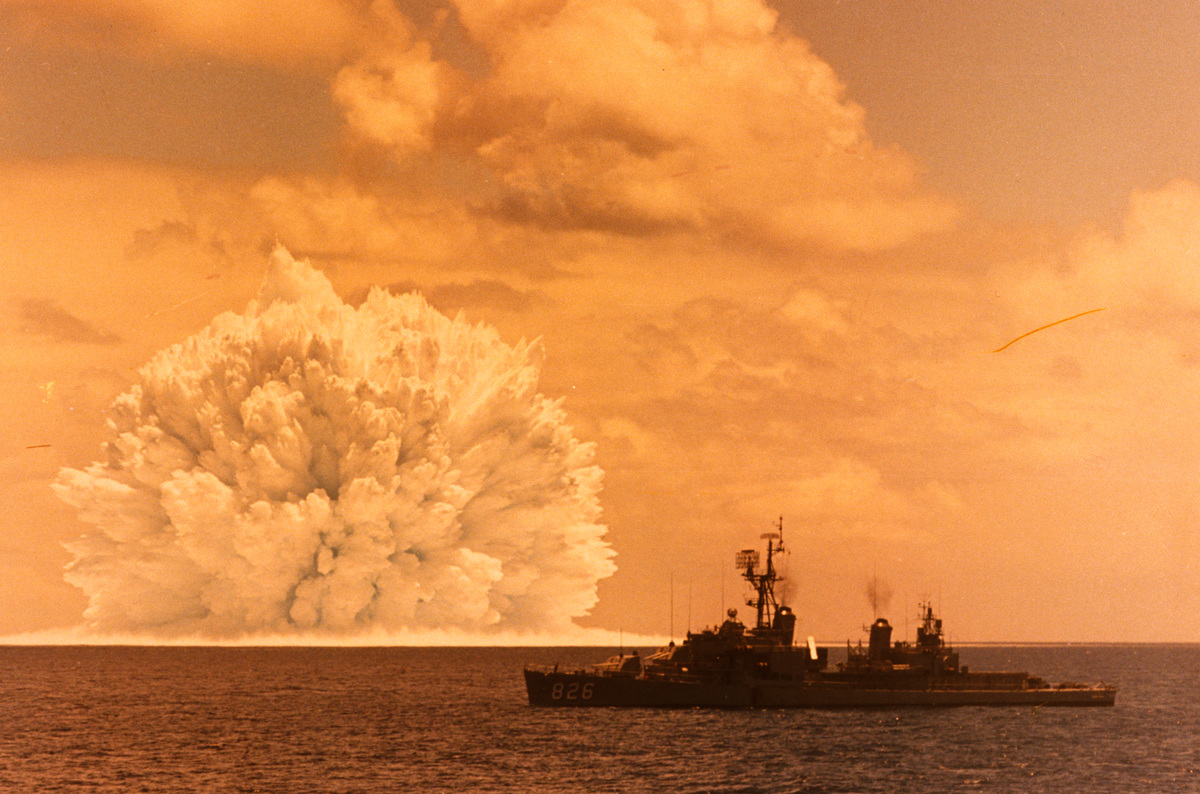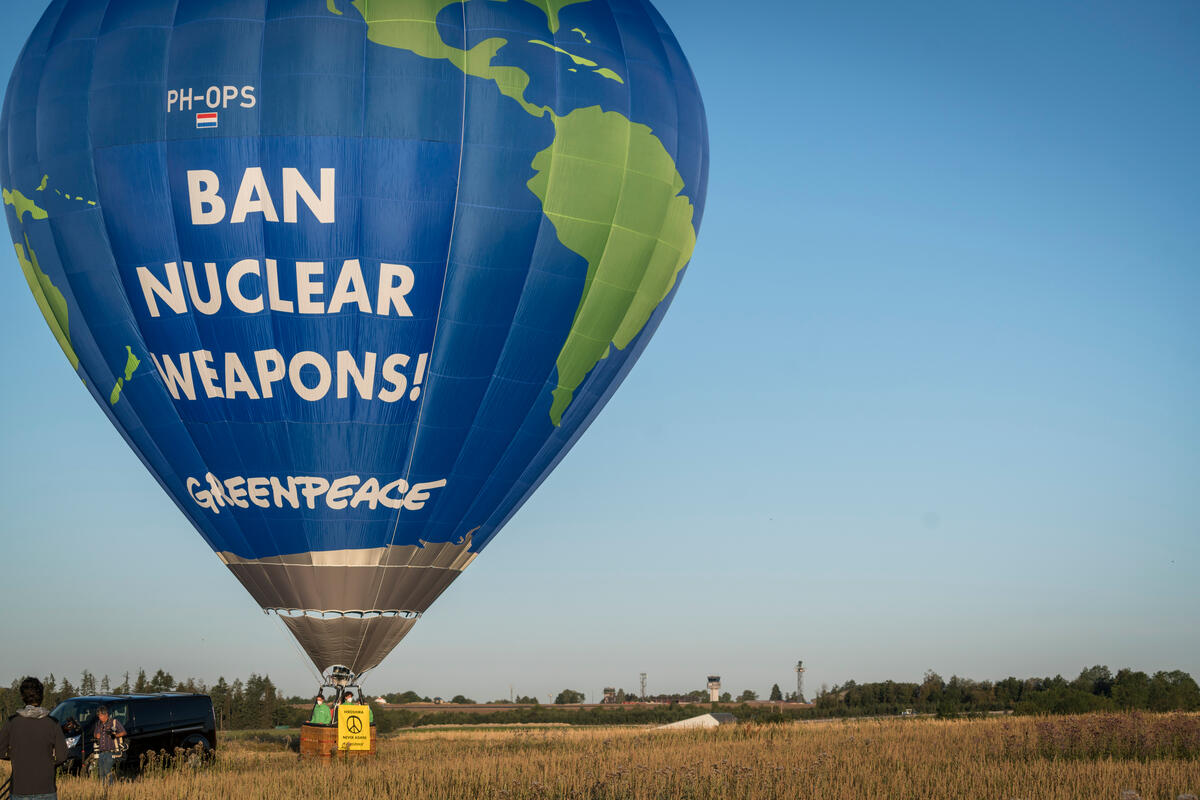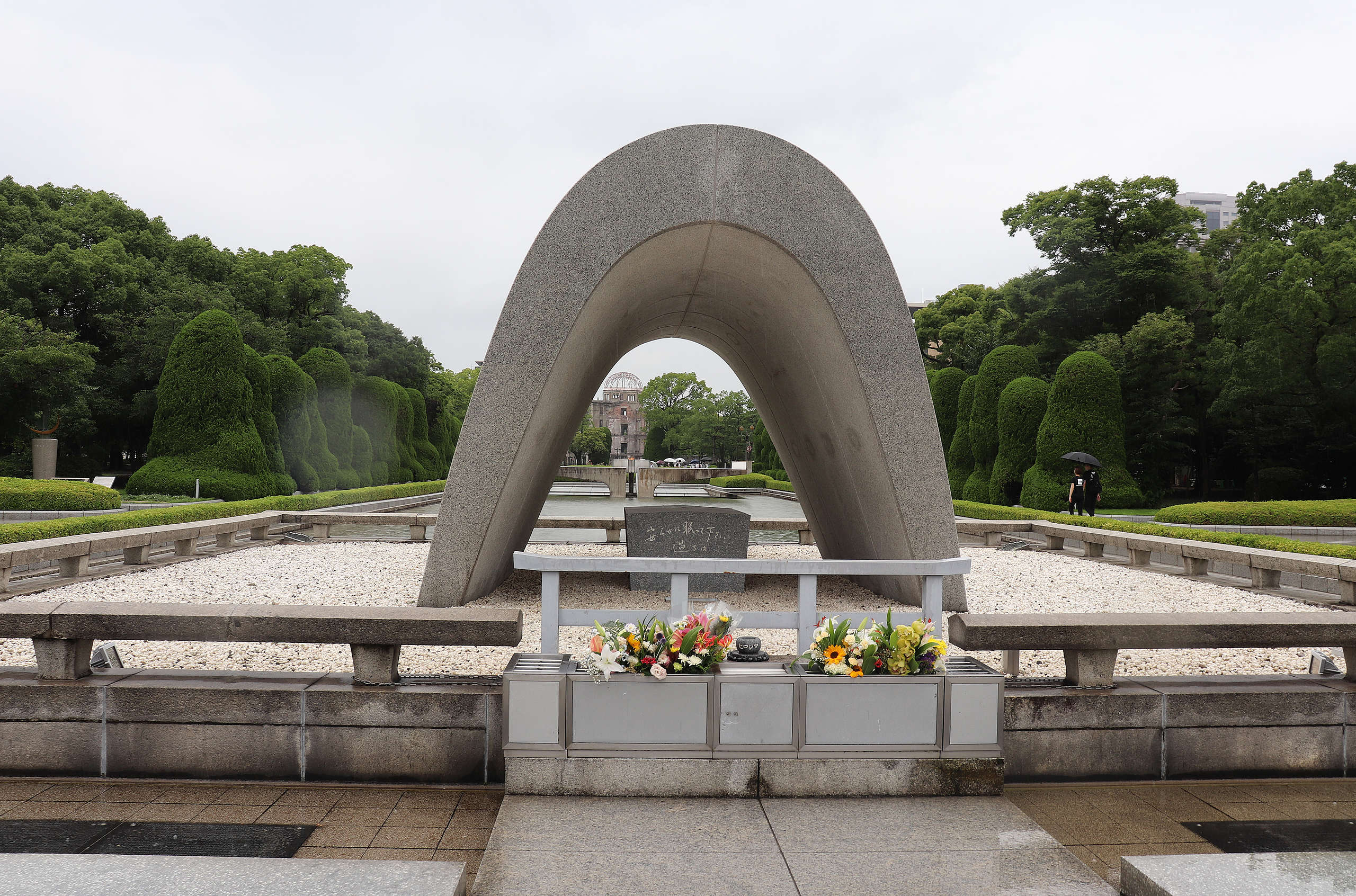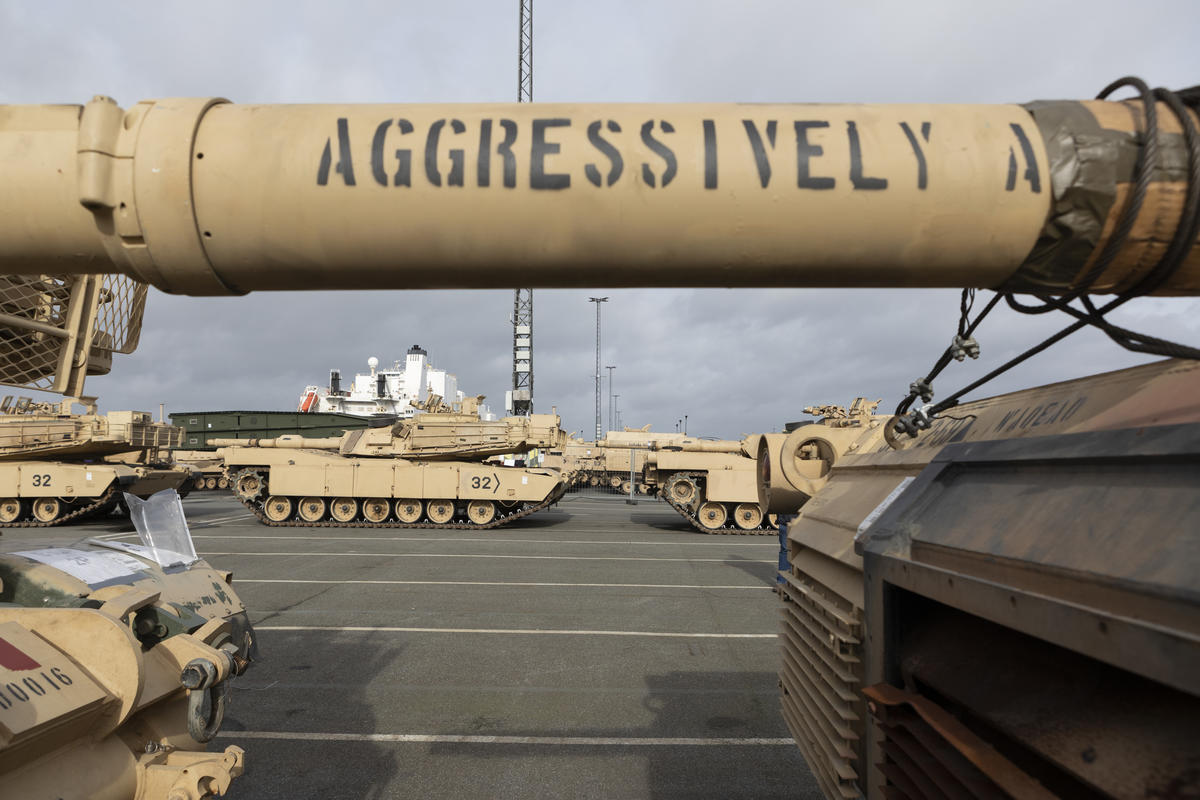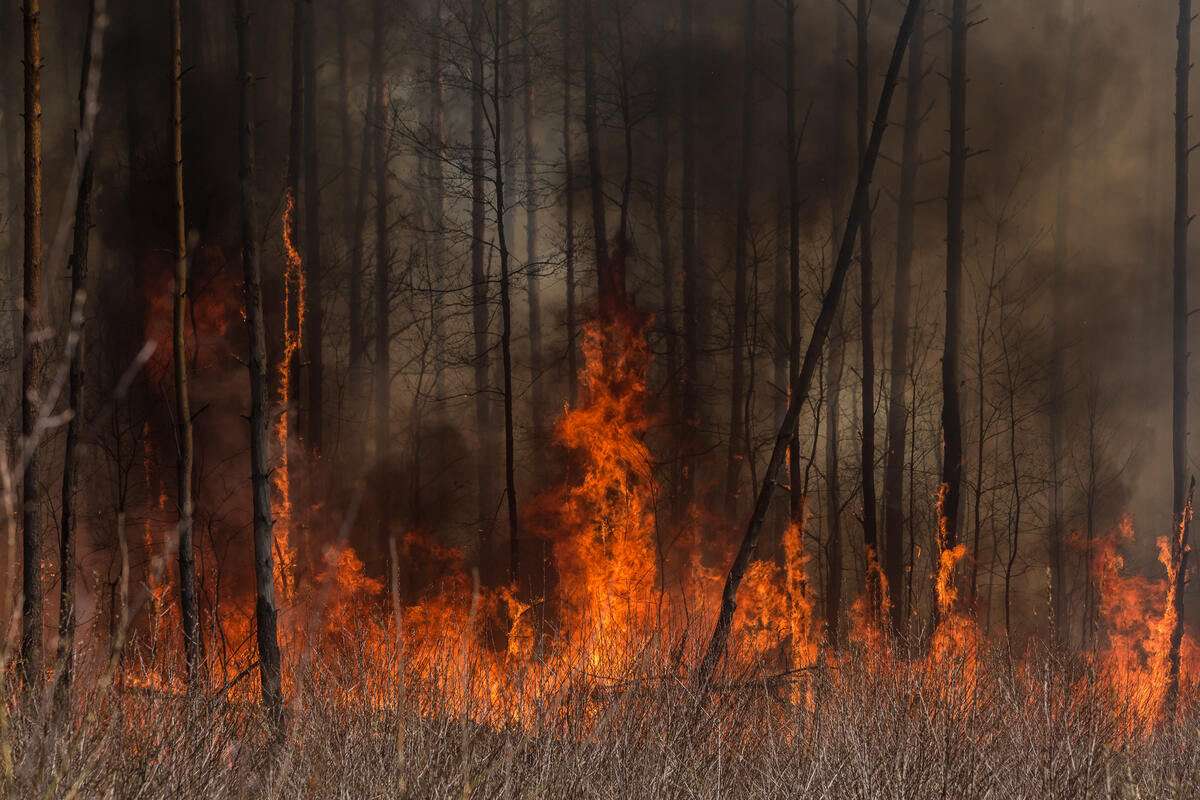All articles
-
The Japanese government and the Fukushima nuclear disaster – History repeating itself?
The new government of Kishida may yet find out, as the government of Boris Yeltsin did nearly three decades ago, that you may have plans for dumping radioactive waste into the sea, but it does not mean you will be able to.
-
Do we need a new Chornobyl?
Ranked as the worst nuclear disaster to date, Chornobyl is a quarter of a century older than Fukushima. But it still presents challenges that authorities haven’t figured out how to address.
-
Chernobyl still burns
2020 saw the biggest fires recorded in the Chornobyl exclusion zone to date, one of the largest wildlife areas in Europe. The area will take years to recover.

